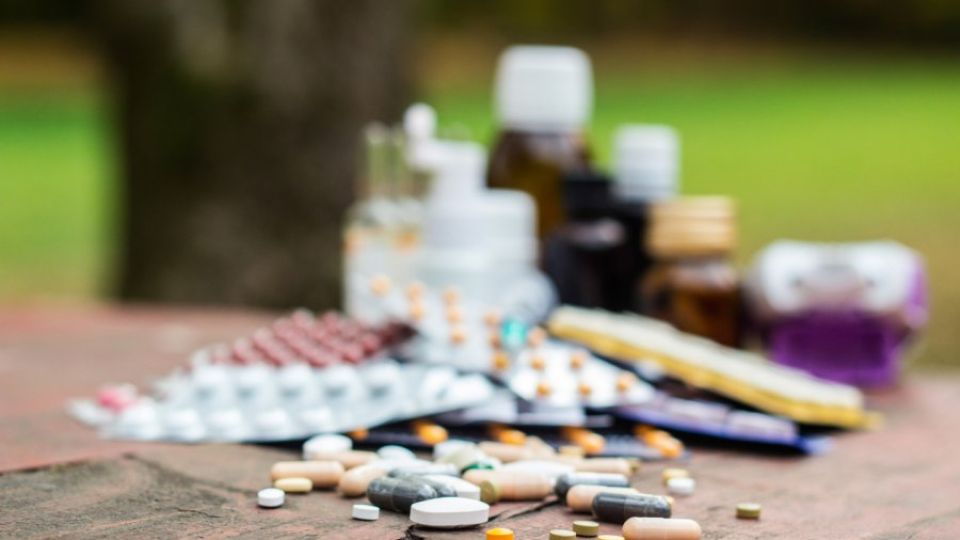November 30, 2023
SEOUL – Starting in the first half of 2024, people who have an addiction to illegal drugs in South Korea will be able to have their rehabilitation expenses covered by the National Health Insurance plan, the Ministry of Health and Welfare said Wednesday.
Previously, only those with a court order were given such health insurance coverage. However, from next year, every person “subject to treatment protection” will have health insurance coverage. People “subject to treatment protection” include those who are released from prison after serving a sentence for drug use, those whose prosecution for a drug crime is suspended and teenagers.
The number of people who would qualify under such conditions was 420 in 2022, according to the Health Ministry. Citizens’ Coalition for Addiction Prevention, a Seoul-based civic group calling for more preventative measures for drug addiction, estimates that South Korea has roughly half a million people who habitually use drugs.
“The decision was made with an understanding that drug addiction is a disease that society needs to care for,” a ministry official said. “We will strive to build a safer society by expanding access to proper care for addicts.”
All Korean nationals residing in Korea and all foreign nationals residing in Korea for more than six months are required to enroll in the National Health Insurance program and pay monthly premiums based on their income and assets. Household members have the option to enroll as a unit.
The National Health Insurance plan offers almost full medical coverage. However, certain tests and services that are not deemed essential are excluded, including cosmetic procedures and alternative medicine.
For treatments covered by state insurance, patients typically pay 20 or 30 percent of the total cost.


